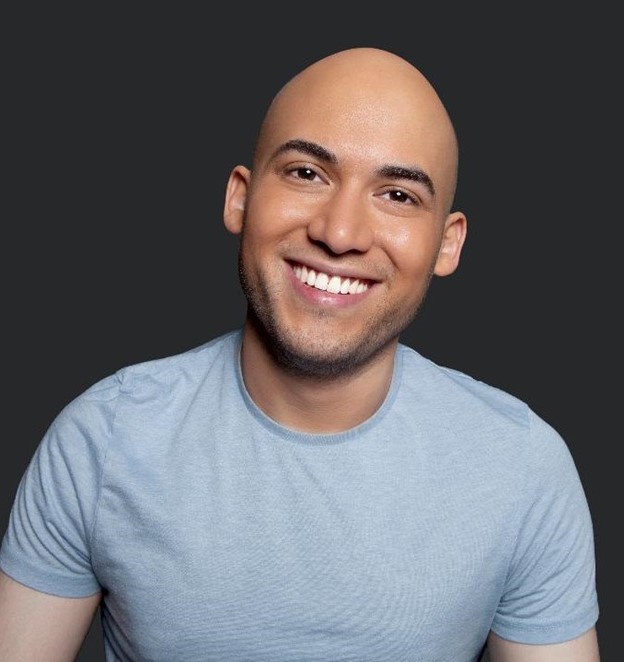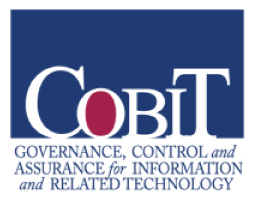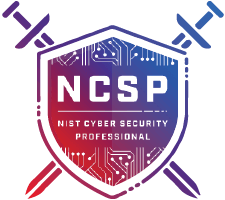One of the most prominent challenges employees face is the mindset oriented toward establishing sameness rather than reinforcing differences in learning and communicating. The age of industrialization and standardization spurred this mindset, and we have been taught to shun those who challenge the status quo. Hence, everyone from senior leadership to entry-level employees tends to conceal their behavior and adhere to social norms and expectations. One drawback to this lack of authenticity is the lack of motivation that is a hallmark of today’s workforce. Another drawback is that employers may seek to bar individuals from taking specific jobs based on a lack of “cultural fit.” We can learn from neurodiverse individuals, or those who differ in learning and communication styles, how to release ourselves from the grip of these conventional standards.
Todd Rose, author & developmental scientist, challenges the conventional wisdom that people who chart their destination and stay the course fare best in the long run. In his book, Dark Horse: Achieving Success Through the Pursuit of Fulfillment, Todd explains how many common tools used in personal development and life coaching share this wisdom without being questioned. He argues that people can achieve fulfillment and excellence on their terms not by conforming to standard behavior and thought patterns but by expressing individuality.
Neurodiverse individuals already exhibit this quality, which is why entrepreneurs such as Temple Grandin, Henry Ford, and Elon Musk became successful. They strived to be their best selves rather than mimic people who follow the generic quest for success and compete to be the best in society. Also, having lived experiences of adversity can result in different strengths as many neurodiverse individuals are creative and original thinkers. Out of necessity, they develop strategic thinking and problem-solving skills and can be determined and hard-working. We encourage employers to identify and harness the full potential of these individuals.
Here are 6 ways in which employers can leverage learnings from neurodiverse individuals to help build a culture of individuality:
- Build teams with different personalities that complement rather than match each other, thus challenging the “echo chamber” concept
- Recruit and hire for strengths that your team lacks
- Identify current employees’ strengths and create opportunities to put those strengths into practice
- Allow for trial-and-error learning to ensure employees can develop a strategy that works with their skill set and available tools
- Reframe weaknesses as strengths to be explored (e.g., a person with dyslexia may have difficulty reading but is good at detecting anomalies
- Demonstrate openness to new approaches by using language such as, “Good point. I haven’t thought of it that way”
With the availability of technology for productivity and communication needs, we have left the age of standardization and entered the age of personalization. For businesses to remain competitive, they need to start building the workplace environment around the individual rather than the other way around.
RethinkCare believes in creating a society that allows everyone to reach their full potential by honoring and empowering their unique development. We are helping employers understand how to adequately support employees, by providing accessible tools and resources that impact all areas of their lives at work and at home.
To learn more about the new RethinkCare platform, request a demo.











